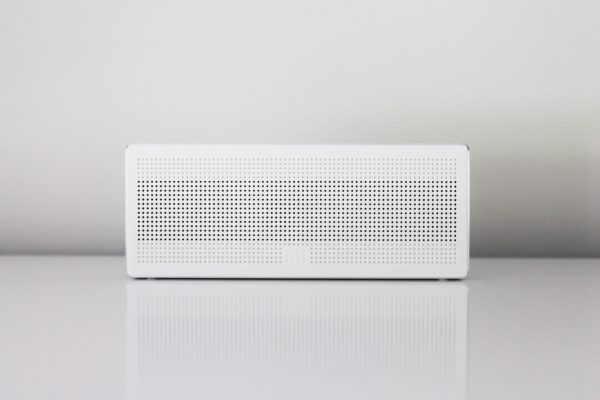Help with HEPA Filters

Cleaning your home isn’t purely for aesthetics. To have a healthier living space, you need to get rid of the impurities and allergens that have settled over time. A regular vacuum will pick up pet hair, dander, pollen, and dust mites but if you are particularly sensitive to airborne allergens, you may want to consider an air cleaner or vacuum with a HEPA filter to collect even smaller particles.
What is a HEPA Filter?
According to the United States Environmental Protection Agency:
“HEPA is a type of pleated mechanical air filter. It is an acronym for “high efficiency particulate air [filter]” (as officially defined by the U.S. Dept. of Energy). This type of air filter can theoretically remove at least 99.97% of dust, pollen, mold, bacteria, and any airborne particles with a size of 0.3 microns (µm).”
Micron is short for micrometer. That micron size (0.3) is referred to by scientists as the MPPS or the most penetrating particle size. This means that a HEPA filter should capture at least 99.97% of particles regardless of size.
Why are HEPA Filters Important?
Vacuum cleaners that do not use HEPA filters will pick up and deposit larger particulates into their container, but a portion of those particulates will stay in the air stream and pass out the exhaust port. This allows these allergens to be dispersed in the air, causing potential irritation for those who are allergic. HEPA filters ensure that only a small fraction of any particulates escape in the exhaust air, ensuring the cleanest air possible.
What to Look For
It is important to note that an “anti-allergen” label is not the same as HEPA. Moreover, the terms “HEPA-like” or “HEPA-Type” are a marketing ploy and are not an industry standard. When shopping for a vacuum, look for one that states that it has a HEPA filter. Vacuums modified with a HEPA filter may have an inadequate seal, meaning air can escape and not pass through the HEPA filter. In order to reduce the maximum amount of allergens going back into the air, you should not try to install a HEPA filter into a non-HEPA vacuum.

HEPA Air Purifiers
HEPA vacuums work best in tandem with a HEPA air purifier. While HEPA vacuums reduce allergens and prevent them from going back up into the air, a HEPA air purifier filters and removes small particulates that are already in your air. They can be a great supplement to regular cleaning with a HEPA vacuum.
Proper cleaning and removal of contamination sources, as well as regularly emptying out your HEPA filter are all important steps to take to keep the air in your home clean and safe.
Recommendations
Air Filters
Best: Coway Airmega AP-1512HH Mighty Air Purifier with True HEPA and Smart Mode
Cheaper alternative: Winix 5300-2 Air Purifier with True HEPA
For smaller rooms/cheapest: LEVOIT Air Purifier with Core 300 True HEPA Air Purifier
Vacuums
Bagless, cordless: Dyson V11 Torque Drive Cordless Vacuum Cleaner
Bagless, corded: Hoover WindTunnel 2
For pet owners/allergy sufferers: Kenmore Floor Care Elite
If you suspect you have an extensive air quality issue from mold, lead or asbestos, don’t panic; just call. You can have your home tested by a certified professional. If you live in Michigan, call on AAA. Get in touch today.